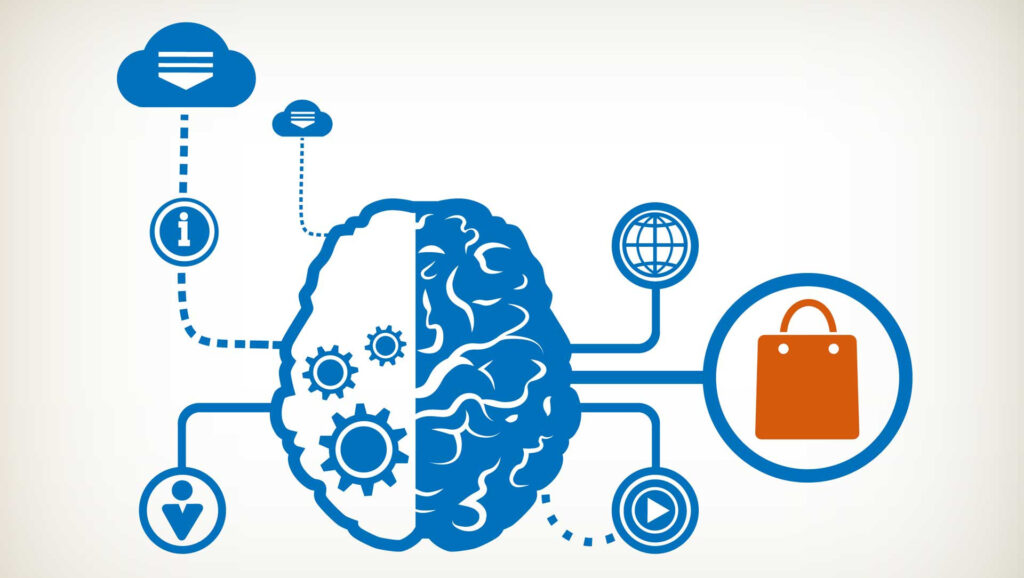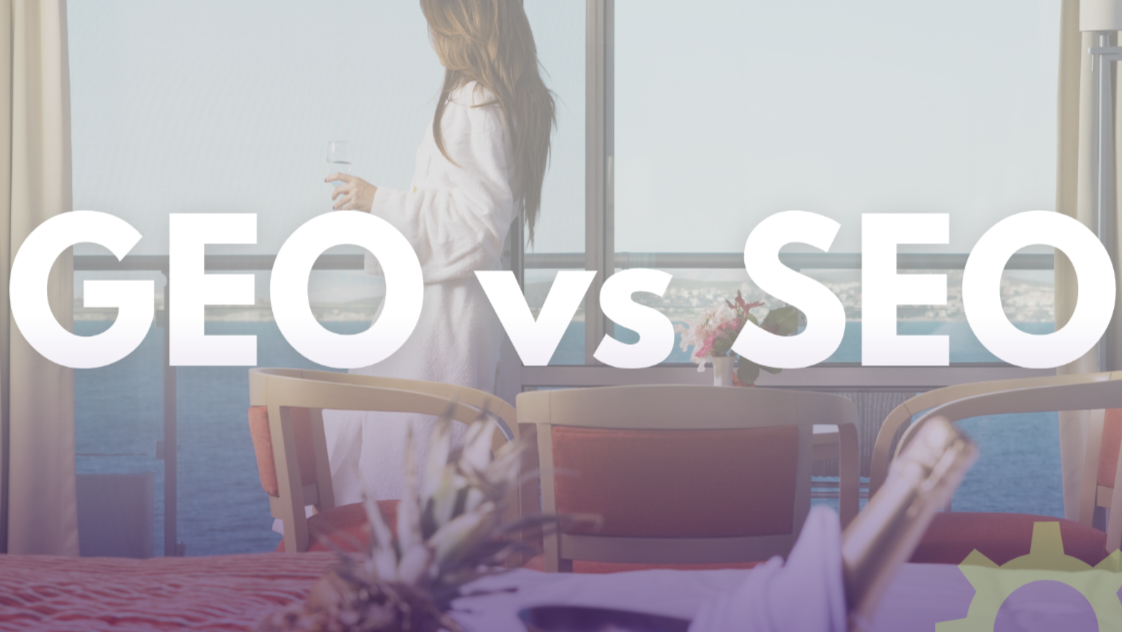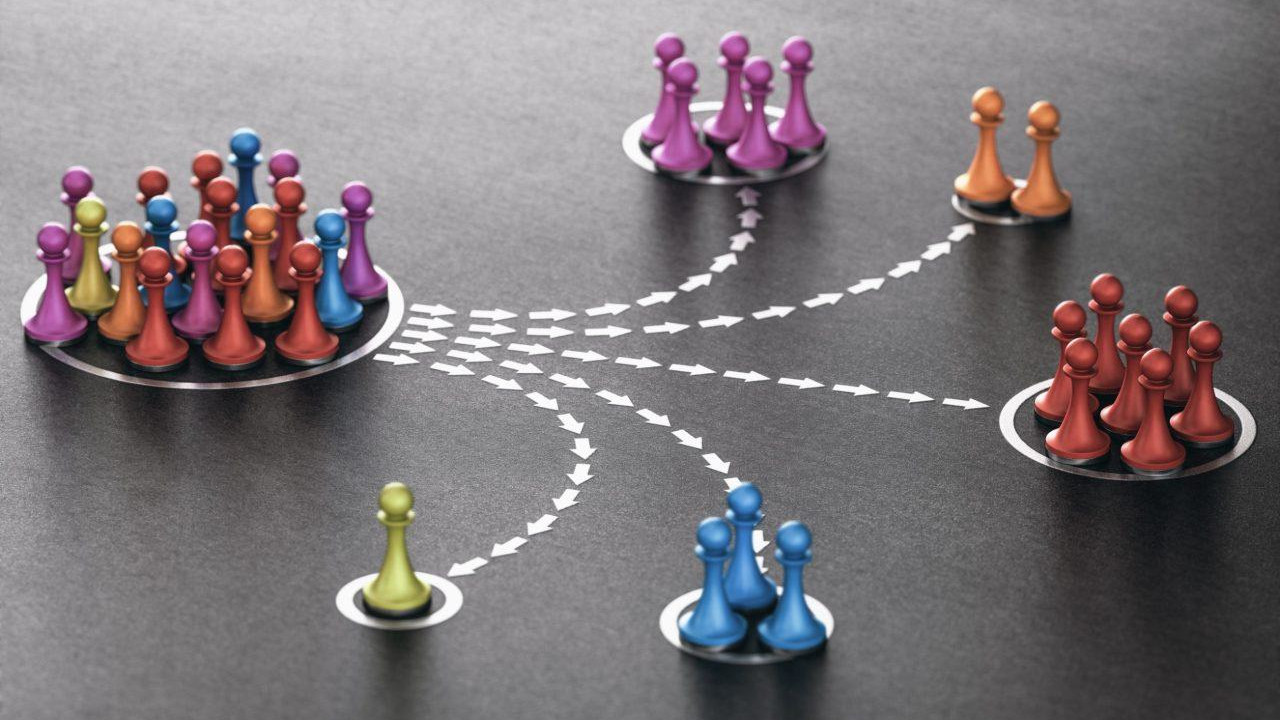
We sure do like to tell ourselves how very unique we are.
NB: This is an article from Asksuite
Yet, behavioral scientists like Robert B. Cialdini, author of Influence: The Psychology of Persuasion, were able to prove that we’re actually quite similar. And in practical terms, we can get the same results with different people by pushing the right buttons.
Subscribe to our weekly newsletter and stay up to date
What Cialdini first defined as the principles of influence have now been popularized as buying triggers, sales action triggers, and marketing mental triggers, among others. And the list of triggers has grown quite a bit since the publication of his first book in 1984.
The art of persuasion
Psychological triggers persuade people to make decisions, therefore helping accelerate any sales process. Different triggers work in layered behavioral levels, which we’re about to explore.
As you can imagine, triggers are absolutely relevant to the hospitality industry. With online travel agencies like Booking.com investing more than $10 billion in marketing efforts in the last three years, it’s up to hotels to explore behavioral tools to gain an edge.
Marketing has indeed become a race for the most clever, efficient, and profitable ways to nudge customers toward the buying decision.
How many are too many?
There’s no one way to explore customers’ impulsive behavior or the number of triggers you’re expected to use. Many examples we gathered in this article include more than one trigger.
Remember, triggers don’t cancel each other out. As a rule of thumb, when used correctly, the more triggers, the higher the buying impulse.
So, let’s dive into successful buying triggers you can use on different channels to give travelers the push they need to complete the booking cycle.
Time
The idea of getting the same things done in less time is very appealing to most people. Because in a world overloaded with information, every second counts.
If you think about the booking cycle logically, it’s obvious that some steps are more exciting than others, and those are the tricky moments when hotels can lose the deal.
Convincing the hard-won traveler that your process will be friction-free is a sure way to keep them hooked. Here is an example from PayPal using the time trigger:

(SOURCE)
The way PayPal explored this trigger works wonderfully in the hospitality context. While envisioning a sunny retreat can be quite thrilling, deciding the number of nights, meals, transportation costs, and budgeting can be very stressful for travelers.
So, PayPal makes it clear that delivering a hassle-free experience is a priority. You can do the same on multiple channels, such as email marketing, your website, phone calls, and social media.
Now, let’s say your property bets on the recluse/withdrawn experience, or perhaps you’re just a long way from the airport. While what you have to offer can be appealing to most people, some may be unwilling to spend extra travel time to get to a hotel.
Wildlife, a historical landmark, bird-spotting, or an unforgettable sunset can be used to showcase everything travelers will see on the way to you. Most importantly, don’t forget to emphasize that they can do it all in less than an hour.




